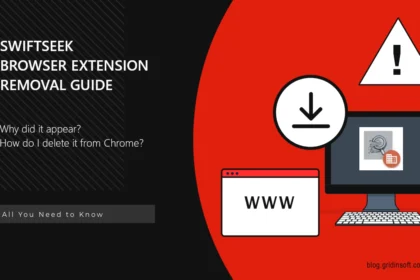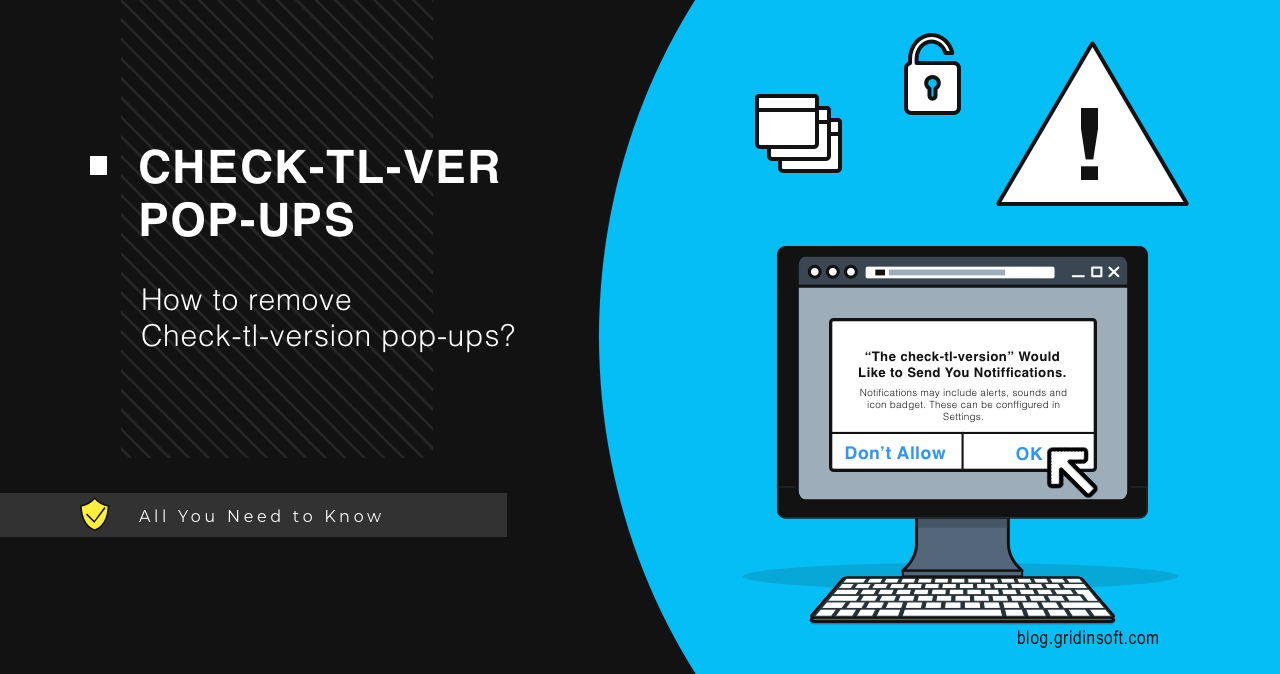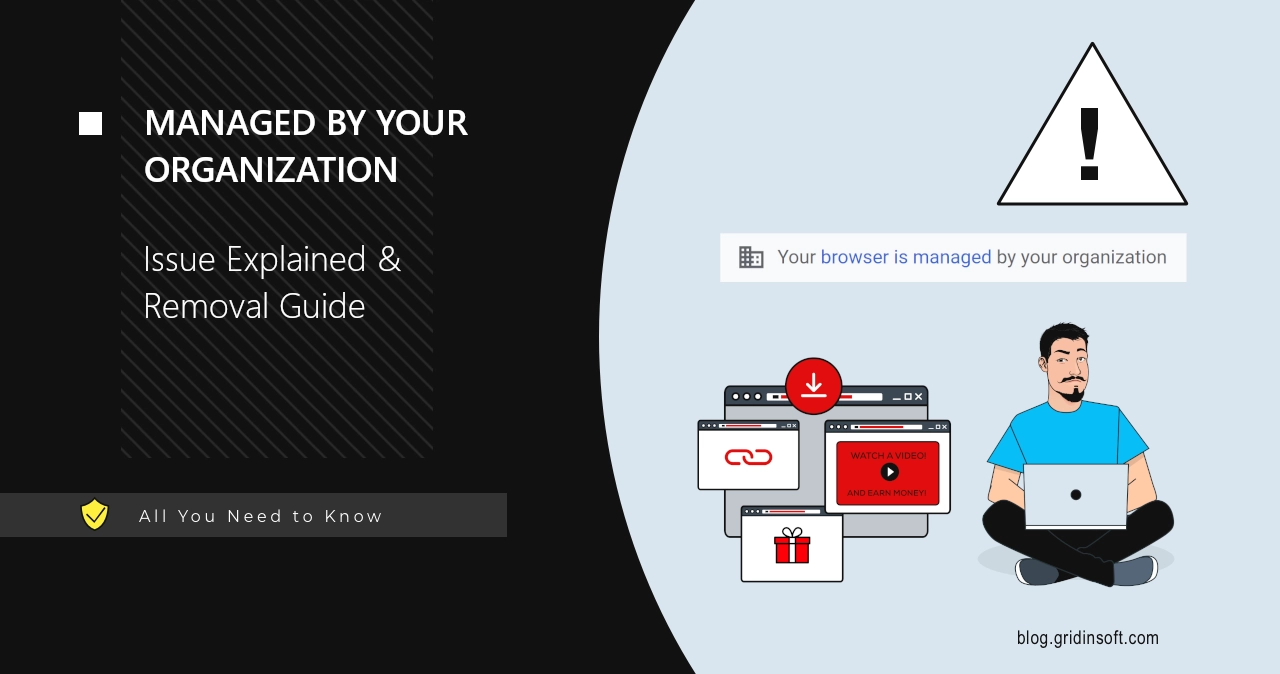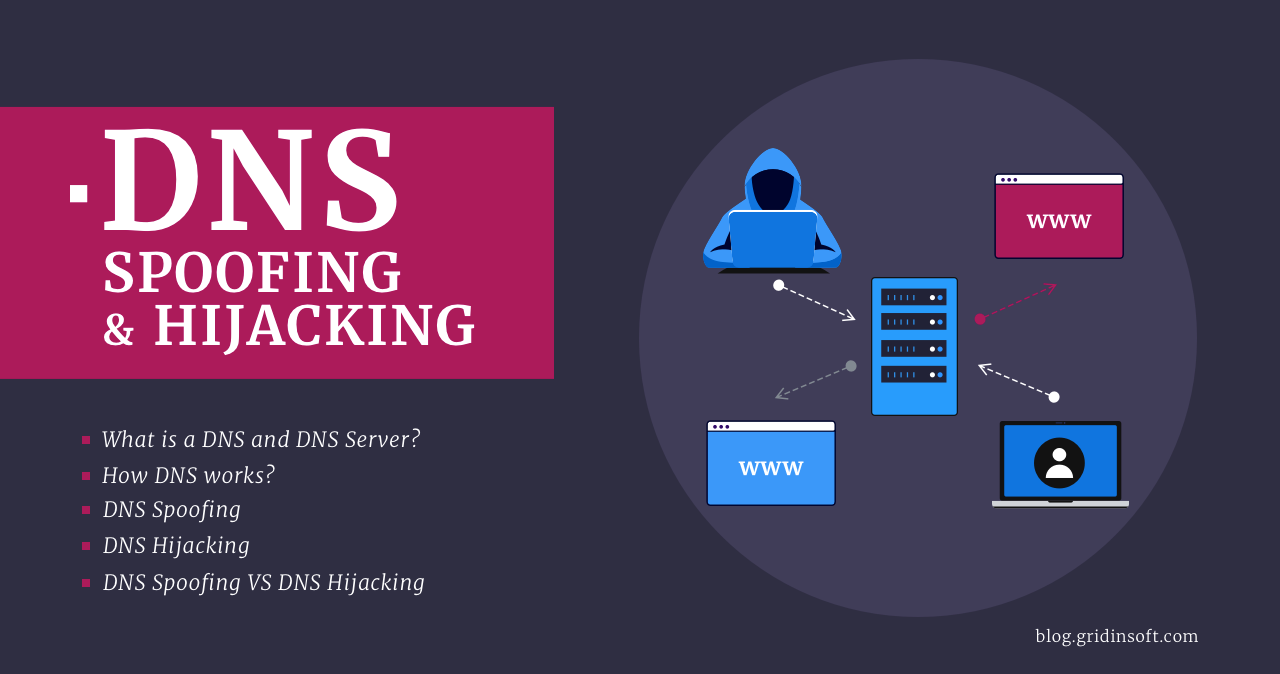Sync.clearnview.com Browser Virus Removal Guide
Sync.clearnview.com is a website that users can see in a number of…
Shougnoboassi.net Redirect Virus
Shougnoboassi.net is a website that you may notice appearing in your web…
Skyjem.com
Skyjem.com is a questionable search engine that you may see appearing in…
PrimeLookup Extension Removal Guide
PrimeLookup is a Chrome extension that may unexpectedly appear among your browser's…
Removal Guide For The ZoomFind Chrome Extension
ZoomFind is a Chrome extension that may unexpectedly appear among the others,…
Removal Guide For The SwiftSeek Chrome Extension
The SwiftSeek is a browser extension that may unexpectedly appear among the…
Sec-tl Pop-Up Virus
Sec-tl pop-up ads are malicious push notifications that parasite legitimate browser functionality.…
First-tl Pop-Up Virus
First-tl pop-up ads are malicious push notifications (like a Sec-tl sites) that…
Check-tl-ver Pop-Up Virus
Analysis shows a hike in the number of malicious pop-ups that come…
“Managed by Your Organization” – How to Remove From Chrome?
“Managed by your organization” is a line that appears when the web…
DNS Spoofing vs DNS Hijacking
Domain Name Services (DNS) play a crucial role in our IP networks.…
Chromstera Browser
Chromstera Browser a rogue browser that mimics Google Chrome, and spams ads,…













